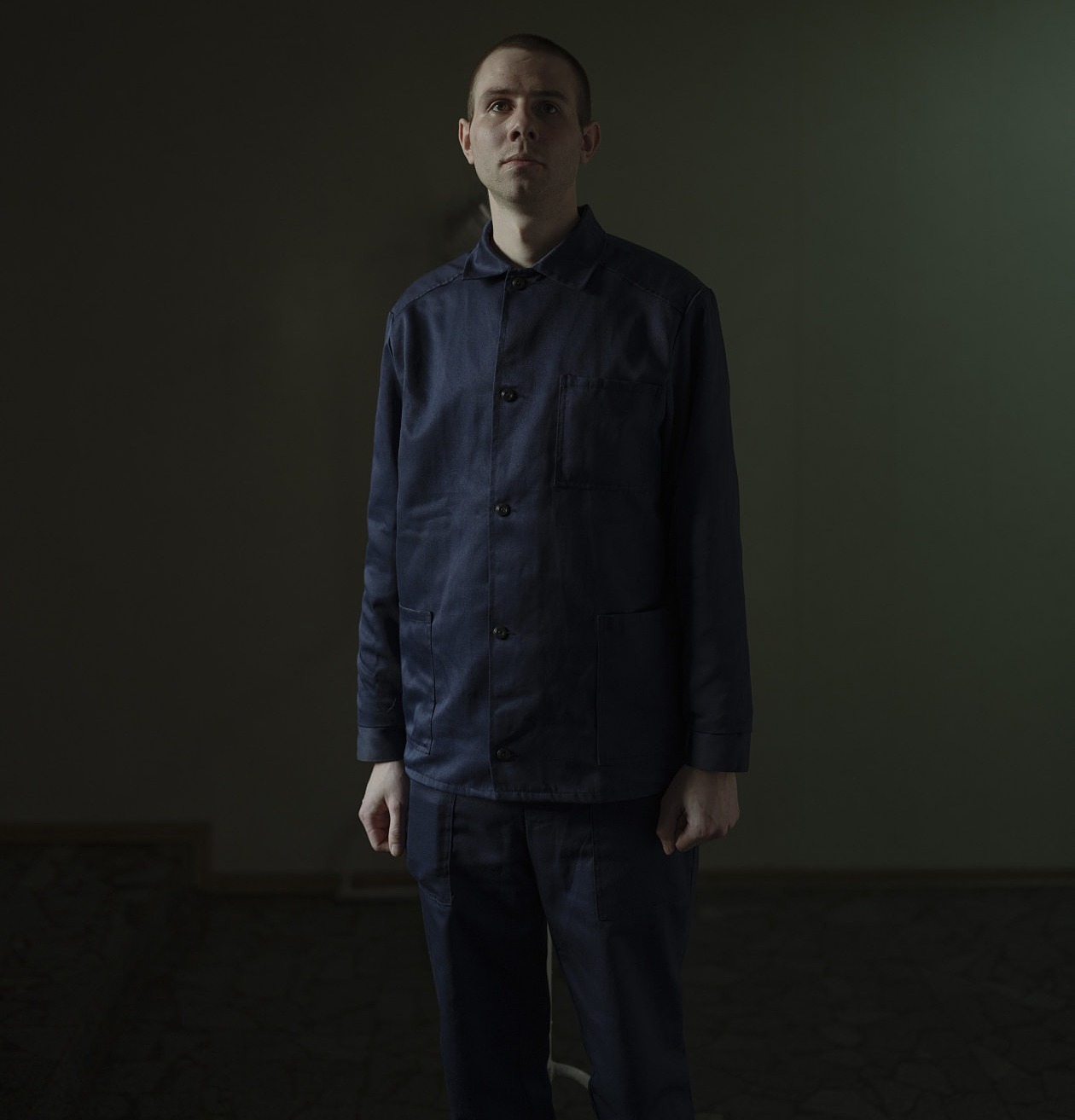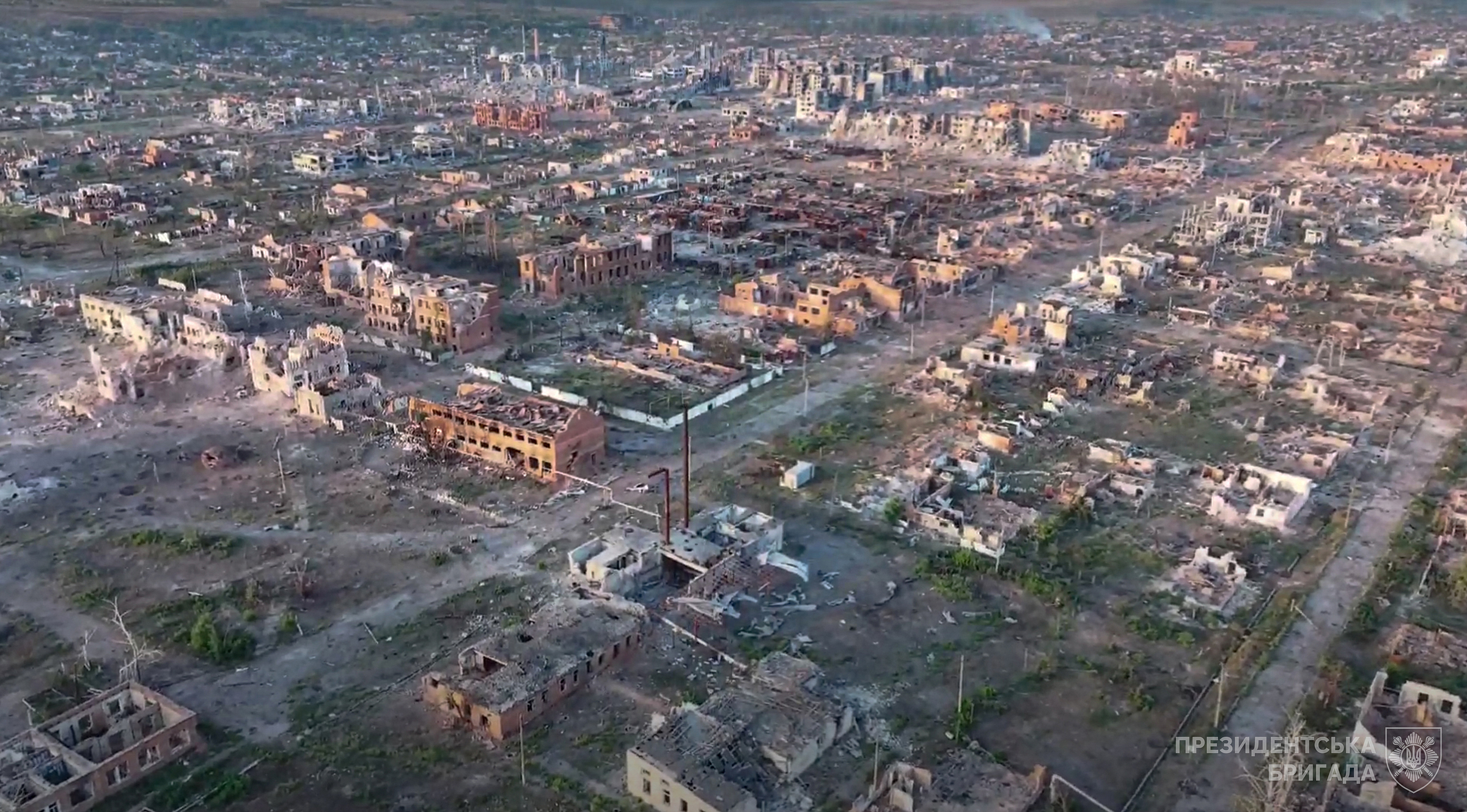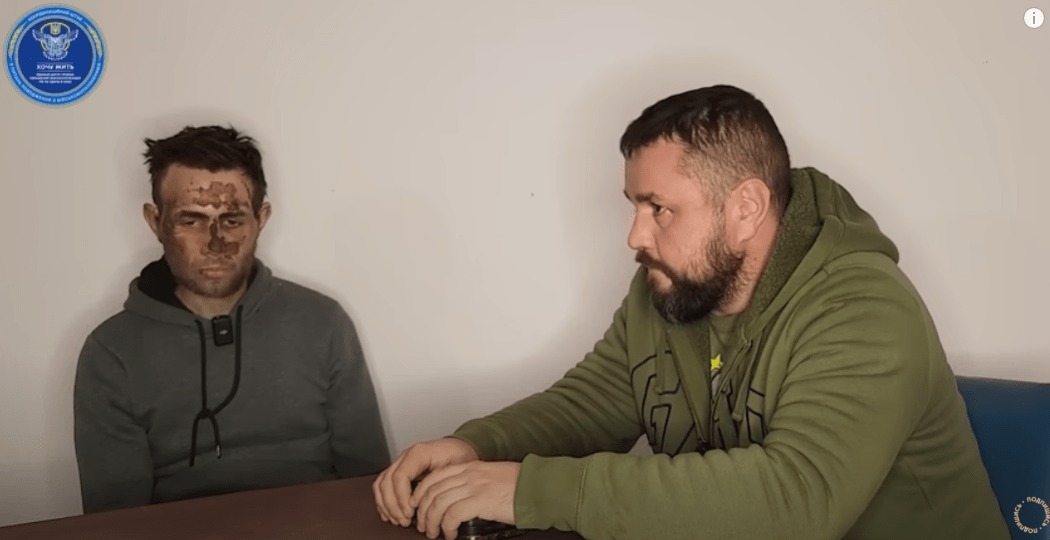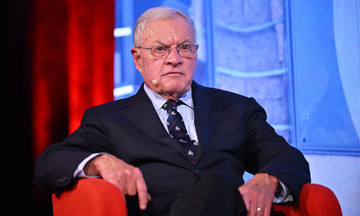On a bus ride to work in St. Petersburg last year, 27-year-old Mikhail Simdyankin noticed a military recruitment advertisement promising generous compensation for those willing to do "a real man's job."
Simdyankin lived with his wife, Ksenia, a beauty salon employee, and three pets in Russia's cultural capital. He had a stable job as a warehouse manager, earning approximately 90,000 rubles (1,100 USD) monthly, but struggled with bills.
Meanwhile, the enlistment bonus for volunteers in July 2024 was 1.3 million rubles. Within weeks, it increased to over 1.7 million rubles.
"If it reaches 2 million rubles, I'll enlist," Simdyankin told his wife. Three days later, it did.
Despite Ksenia's pleas, Simdyankin believed his lack of combat experience would relegate him to rear-echelon duties. His understanding of the war came solely from Russian television.
 |
Mikhail Simdyankin at a POW camp in Ukraine in February. Photo: WSJ |
Mikhail Simdyankin at a POW camp in Ukraine in February. Photo: WSJ
In August 2024, Simdyankin enlisted, adopting the alias "Zenit" after his favorite St. Petersburg soccer team. He promised Ksenia and his shocked sister, Nastia, he'd return in a few months, debt-free.
After two weeks of basic training with the 138th Brigade, he sent Ksenia 500,000 rubles from his bonus.
By early September 2024, he was transferred to a town near the Ukrainian border. Six days later, he was assigned to an assault team headed for Vovchansk, a city about 10 km from the Russian border in northeastern Ukraine, where Russian forces controlled the north bank of the river bisecting the city, while Ukrainian troops held the south. The Russian objective was Kharkiv, Ukraine's second-largest city.
"That's when I knew I was in serious trouble," Simdyankin later said.
His first mission, an attack on a house held by Ukrainian soldiers, resulted in two of his comrades being killed. A second mission, involving anti-tank mines, left him wounded and hiding in a basement, believing his companion dead.
For days, Simdyankin hid, tending to his wounds. He messaged his wife: "I love you. Please forgive me. We'll meet in the next life," hoping it would send when he regained signal. He contemplated suicide, but couldn't bring himself to do it.
On the 4th day, he emerged into a devastated landscape and rejoined his unit, who thought he was dead.
 |
Destruction in Vovchansk, Kharkiv province, September 2024. Photo: AFP |
Destruction in Vovchansk, Kharkiv province, September 2024. Photo: AFP
On 22/9/2024, with his unit decimated, Simdyankin was tasked with reinforcing a besieged Russian position in a Vovchansk factory. He and Ivan Shabunko, a 47-year-old construction worker who enlisted to avoid prison, set out, guided by a drone. "We both knew it was a one-way ticket," Shabunko said.
They made it, but 4 others in their group didn’t. Inside, the remaining Russian soldiers were gaunt and exhausted. The factory had been under siege for months, resupply efforts often failing. Of over 100 soldiers initially present, fewer than 25 remained.
Simdyankin’s supplies provided two more days of sustenance. On the evening of 23/9/2024, they ate in silence. The next day, Ukrainian special forces attacked. Facing overwhelming force, the Russians surrendered.
"Surrender!," the Ukrainian soldiers shouted. "This whole place is about to be destroyed. We want to live just like you do," one said.
The Russians emerged, some with severe burns. Hours later, the factory was destroyed by rockets.
 |
Simdyankin with burns in a video released by Ukraine. Photo: WSJ |
Simdyankin with burns in a video released by Ukraine. Photo: WSJ
Days later, Simdyankin called his wife. "Forgive me for going to war," he said in a video released by Ukrainian authorities, tears streaming down his burned face. After a month of fighting, Simdyankin was a prisoner of war. Five months later, his wounds healed, he yearned for repatriation.
"I'm so angry at myself. I made a stupid mistake. If I could, I'd go back and return that money," he said.
Nhu Tam (According to WSJ, Reuters, AFP)












